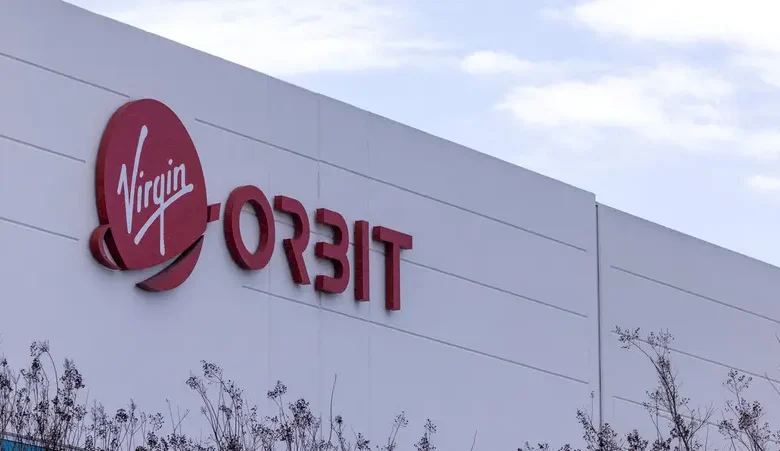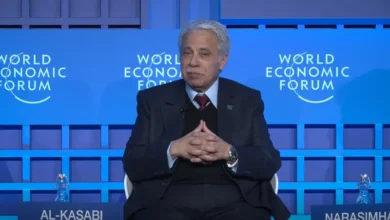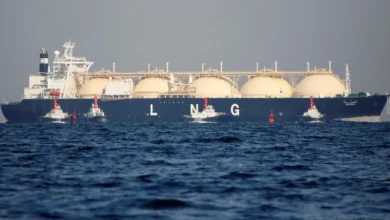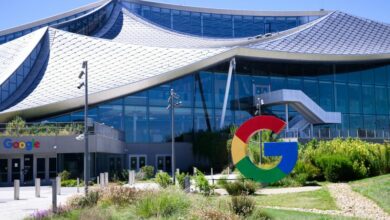Richard Branson-backed Virgin Orbit shutters after failing to find funding

Virgin Orbit Holdings Inc., the satellite-launch company tied to British billionaire Richard Branson, is ceasing operations indefinitely, succumbing to growing cash-crunch pressures that have paralyzed startups in many emerging technologies.
The company said in a filing Thursday that it was cutting 675 jobs, or about 85 percent of its workforce, “in order to reduce expenses in light of the company’s inability to secure meaningful funding.” A spokesperson for Virgin Orbit said the remaining 15 percent of employees will work on winding down the business.
The move punctuates a rapid fall after its high-profile launch failure in January and a collapse in its stock price. Virgin Orbit temporarily suspended operations earlier this month while it sought additional capital. The firm — part of Branson’s empire that includes airline Virgin Atlantic and spaceflight company Virgin Galactic Holdings Inc. — hasn’t turned a profit as a public company.
Virgin Orbit shares fell 45 percent in extended New York trading as of 7:20 p.m., trading at just 19 cents each. The stock was worth more than $7 a year ago. Charges will amount to about $15 million, consisting primarily of $8.8 million in severance pay and employee benefits, and $ 6.5 million in other costs such as outplacement services, Virgin Orbit said in the filing.
Just two weeks ago, the company approved a severance plan for top executives, with Chief Executive Officer Daniel Hart standing to collect a payout of twice his base compensation, a cash payment equal to the pro-rated annual target bonus, as well as as much as six months of health insurance cover.
Branson injected $10.9 million by buying a note convertible into shares through his Virgin Investments Ltd., allowing the failed business to fund severance pay and other costs, Virgin Orbit said in the filing.
Business Sale
The Long Beach, California-based company is one of several space-related startups with once high-flying valuations that have seen their shares plunge as investors shy away from untested business models and money-losing operations. Astra Space Inc. reported Thursday that its cash and cash-equivalent reserves fell by 32 percent in the quarter ended Dec. 31, and Rocket Lab USA said last month it expects to its quarterly loss to be three times bigger than analysts had estimated.
Virgin Orbit is still looking to sell all or part of its business, according to a person familiar with the matter. Those discussions for a possible transaction don’t include Matthew Brown, a little-known Texas-based venture capital investor who had said he was interested in a deal earlier this month, said the person, who asked not to be identified revealing private conversations.
Brown had touted himself as a possible savior of a business that was worth billions just a year ago. But his financing deal collapsed over the weekend, CNBC reported March 27.
The launch company officially began in 2017 as an offshoot of Virgin Galactic before going public in 2021 through a combination with a blank-check firm. Virgin Orbit’s business centered on launching small satellites into orbit, distinct from Virgin Galactic’s focus on sending humans to the edge of space and back.
First Mission
Unlike some competitors that launch rockets from the ground, Virgin Orbit uses a technique known as air launch, in which its LauncherOne rocket is deployed at a high altitude from underneath the wing of a modified Boeing Co. 747 plane. The company began developing the rocket at Virgin Galactic, years before the satellite-launch business was formally created.
Virgin Orbit successfully launched its first mission to orbit in January 2021 and completed four successful flights through 2022.
The company had planned to increase its launch frequency this year but had to reassess after the failed January mission, which was slated to be the first orbital launch from British soil. Its vehicle never reached orbit after incurring a problem with a fuel filter during the flight, leading to the loss of nine small satellites.










